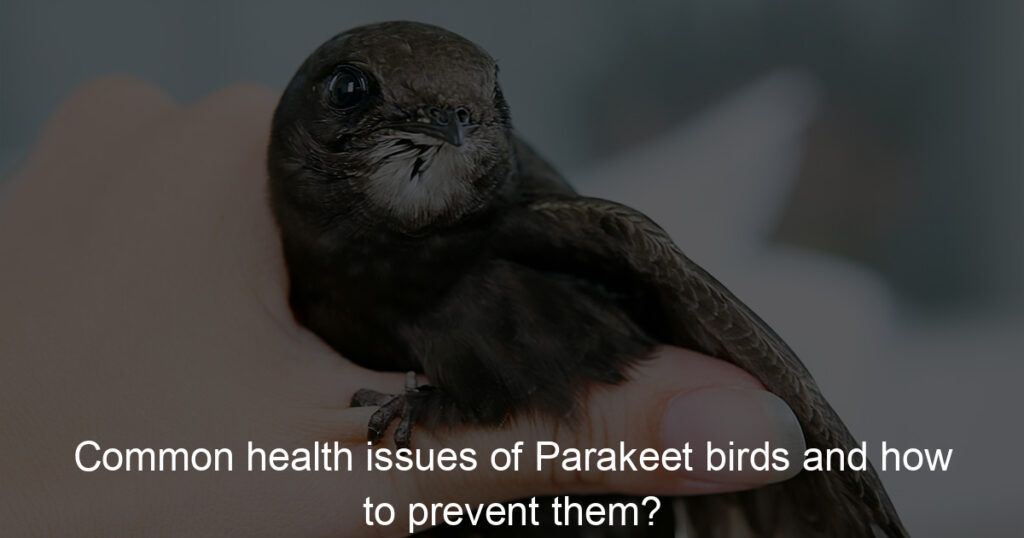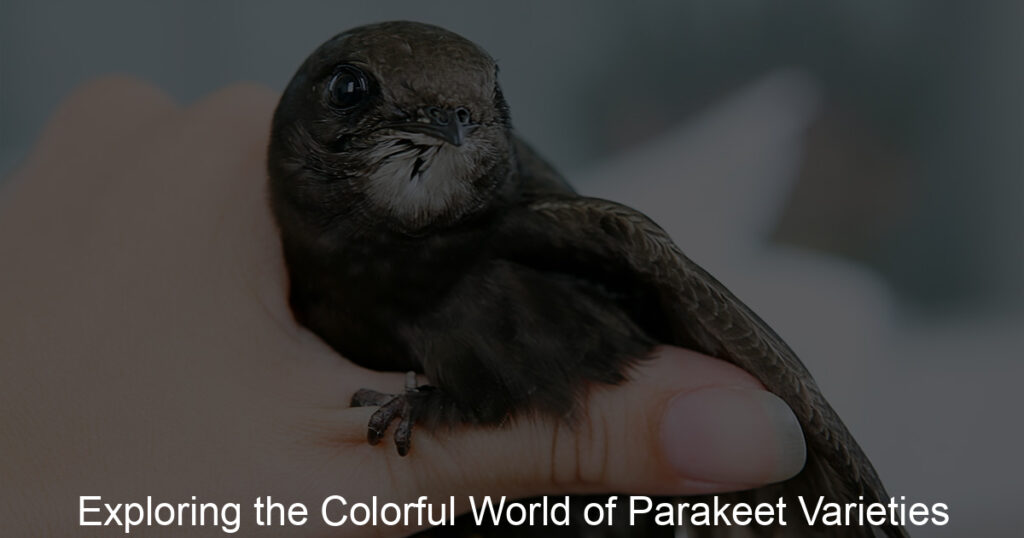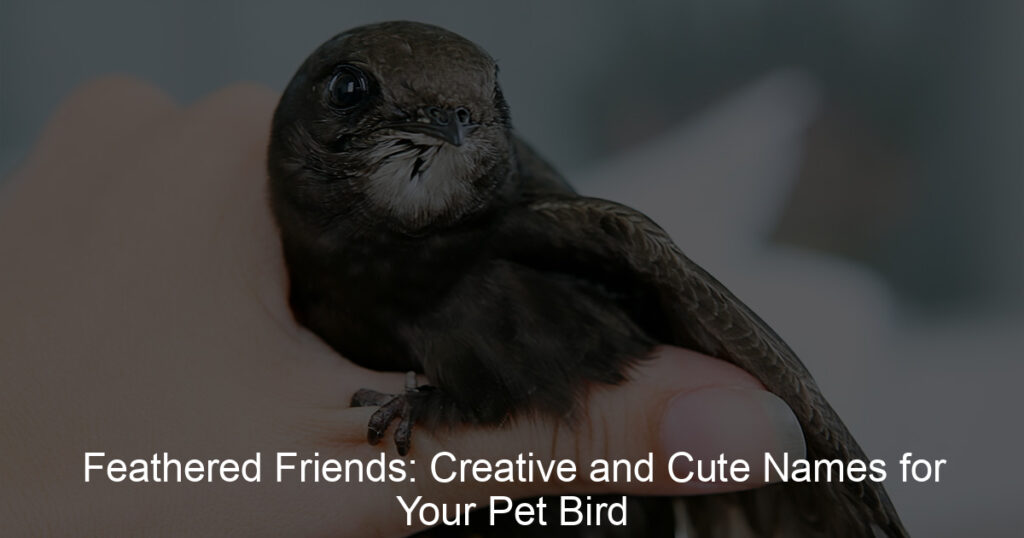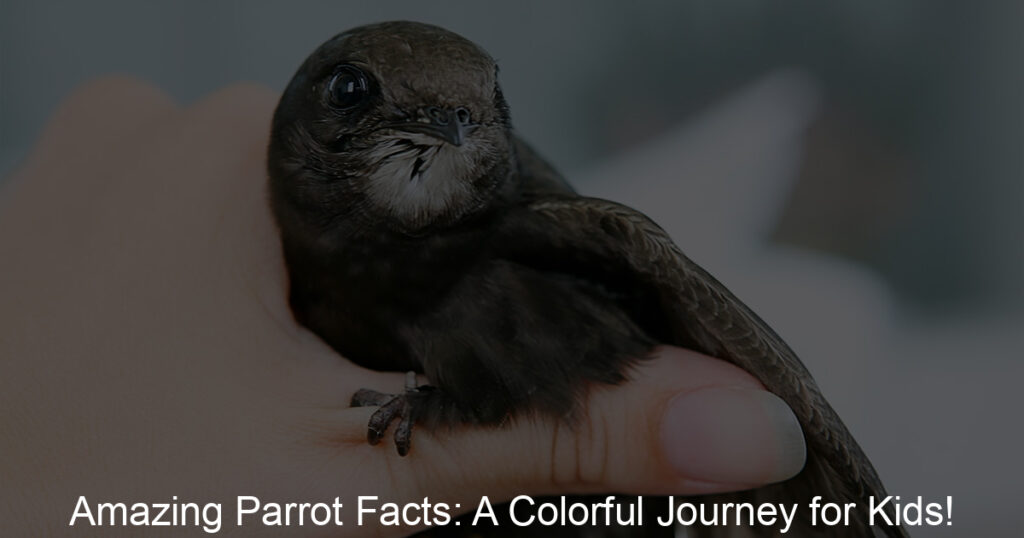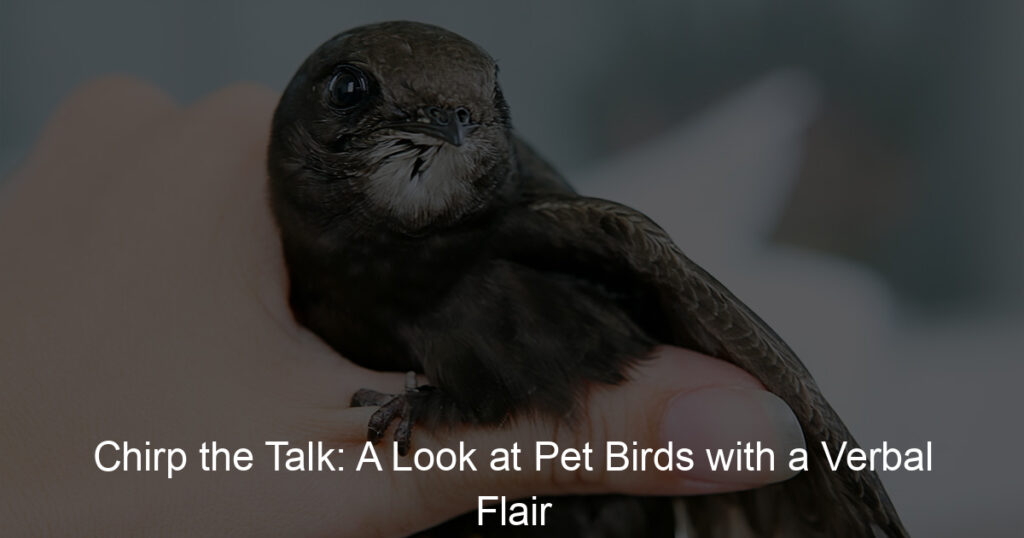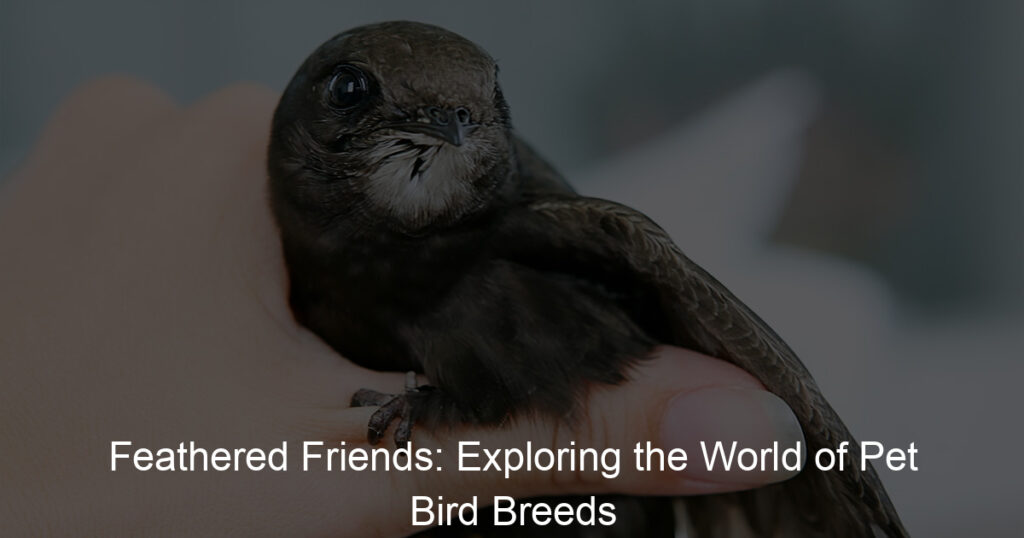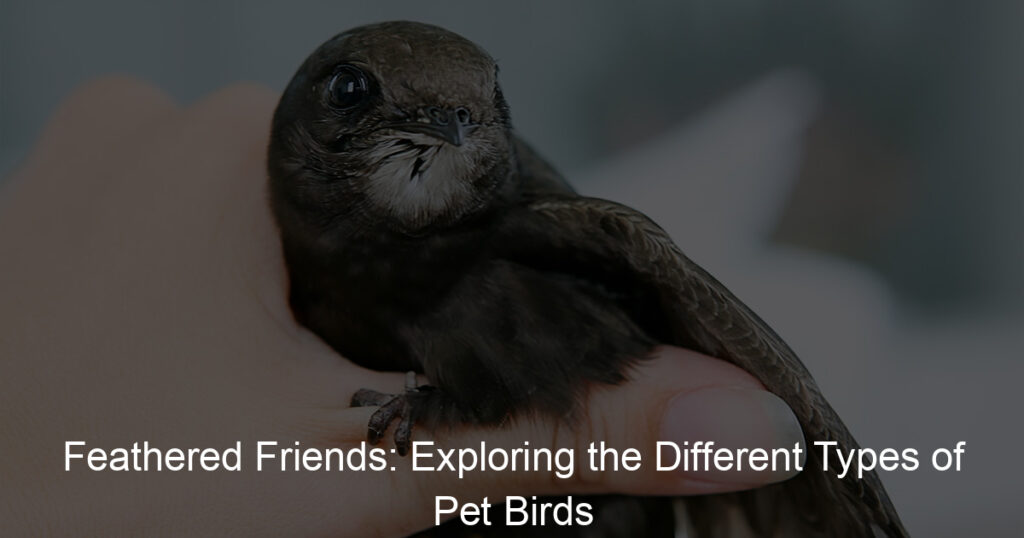Parakeets are among the most colorful, cheerful, and social of birds. Most parakeet owners consider their feathered friends to be part of the family and enjoy having them around.
While it’s true that these little guys tend to stay healthy if given proper care, they can still experience common health issues like any other pet bird.
Fortunately, with a bit of knowledge on how to recognize early onset symptoms and proactive maintenance techniques, you can ensure your parakeet will live its happiest—and healthiest—life!
How do I keep my parakeet healthy?
Taking care of a pet requires a lot of responsibility, patience, and love. When it comes to keeping your parakeet healthy, there are some simple steps you can take to ensure they have a long and happy life.
Firstly, it’s important to provide your feathered friend with a nutritious and varied diet. A mixture of seeds, fresh fruits and vegetables, and pellets is recommended to meet their nutritional needs. Next, make sure your parakeet has access to fresh, clean water at all times.
Additionally, providing your pet with plenty of exercises and mental stimulation is important for their overall well-being. Regular visits to the vet for check-ups can also help catch any potential health issues early on.
With proper care and attention, your parakeet can thrive and be a delightful addition to your household.
What are common parakeet illnesses?
Parakeets make great pets with their beautiful feathers and playful personalities, but just like any other animal, they can get sick. Common parakeet illnesses include respiratory infections, which can be caused by drafts, poor ventilation, or a dirty cage.
Parasites like mites or lice can also cause health issues for your feathered friend. Another concern is an avian pox, a virus that affects a parakeet’s skin and eyes. If you notice any signs of illness in your parakeet, such as lethargy or loss of appetite, it’s important to take them to a veterinarian who specializes in avian care.
With proper care and attention, you can keep your parakeet healthy and happy for years to come.
How do you know if your parakeet is infected?
Parakeets are fun and loving pets that can bring joy into our homes. However, just like any other animal, they can get sick. One of the most common diseases that affect parakeets is infection.
It’s important to keep an eye out for any strange behaviors or symptoms that may indicate an infection. Signs may include a lack of appetite or energy, a change in the color or consistency of their stool or feathers, sneezing and coughing, or a discharge from their eyes or nose.
If you notice any of these symptoms, it’s important to take your parakeet to the vet as soon as possible so that it can receive proper treatment and attention.
Why do parakeets itch themselves?
Parakeets are quirky little birds that bring so much joy to their owners. However, you may have noticed your feathered friend constantly scratching or preening themselves.
Don’t be alarmed! Itching is a perfectly natural behavior for parakeets. These birds are very social and enjoy grooming themselves and others as a part of their daily routine. They use their beaks and feet to preen their feathers and remove any dirt, oil, or debris.
It’s also common for parakeets to take frequent dust baths, rolling around in a fine layer of dust to help remove any excess oil from their feathers. So the next time you see your parakeet itching or preening, know that it’s perfectly normal behavior and just part of their adorable charm.
Can a sick parakeet get better?
Sick parakeets are a common concern for many pet owners, but the good news is that with proper care and treatment, these little birds can certainly get better.
While it can be alarming to see your feathered friend under the weather, there are a few signs to look out for that indicate your parakeet may be sick, including changes in behavior, appetite, and physical appearance.
But fear not – a visit to the vet and some supportive care at home can make all the difference. With a bit of time, patience, and TLC, your parakeet can make a full recovery and be back to their happy, chirpy self in no time.
What is a natural antibiotic for parakeets?
Parakeets are delightful little birds that make wonderful pets because of their playful and curious nature. As a parakeet owner, one of your most important tasks is to keep your feathered friend healthy.
When your parakeet falls ill, you want to give them the best care possible. A natural antibiotic may be the best approach to treatment for your parakeet. Fortunately, there are numerous natural antibiotics that are safe for birds. Garlic, honey, and apple cider vinegar are just a few examples of natural remedies that can help treat infections and boost your parakeet’s immune system.
It is important to consult with your avian veterinarian before administering any treatments to your parakeet to ensure that you are taking the best course of action for their specific situation.
Do parakeets like warm water?
Parakeets are fascinating and lovely creatures that make great companions, especially for bird lovers. Whether you just welcomed one into your home or have been a parakeet parent for a while, you may be wondering if they prefer warm water for their daily bathing or drinking.
While it’s true that parakeets generally enjoy a water bath, the temperature of the water is not a primary concern for them. In fact, they can tolerate a wide range of temperatures, including cold and warm water.
However, you should make sure the water is not too hot or cold to cause any discomfort or harm to your feathered friend. Ultimately, the most important thing is to provide fresh, clean water on a regular basis to keep your parakeet healthy and happy.
It’s A Wrap
In conclusion, Parakeet birds are like any other pet and they require special care in order to stay happy and healthy. Common health issues such as malnutrition, feather plucking, respiratory infections, and pet-shop syndrome can be prevented by giving them a balanced diet of fresh fruits and vegetables, a clean living area with plenty of toys to keep them active, and regular visits to the vet for checkups.
Remember that providing proper care for your parakeet can lead to years of fun and joy with your feathered friend! Don’t let common health issues take away from this experience; follow these preventive measures and your parakeet will stay healthy, alert, and bright-eyed.
Your parakeet may never fly away if you treat it kindly and with love!

